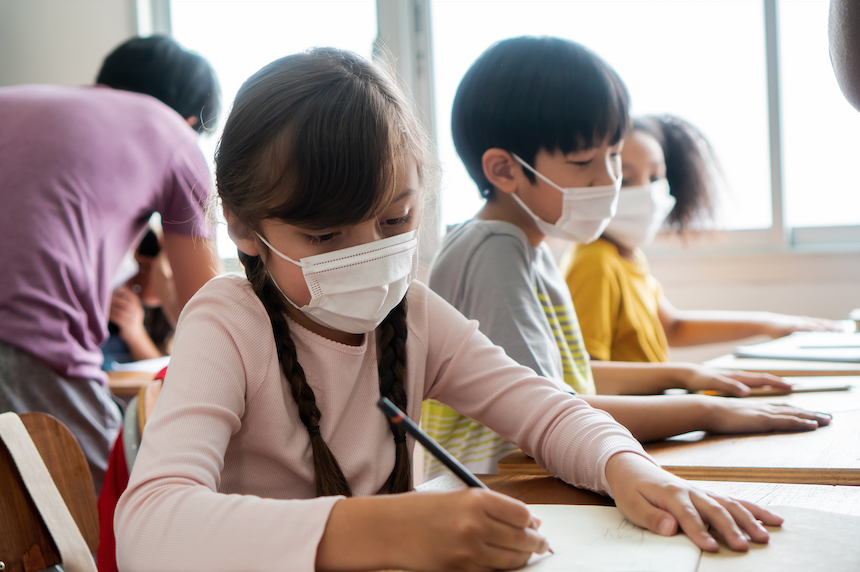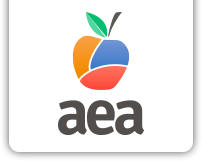 Arkansas students and educators resumed state mandated standardized testing in April after the coronavirus pandemic forced the cancellation of the ACT Aspire test last year.
Arkansas students and educators resumed state mandated standardized testing in April after the coronavirus pandemic forced the cancellation of the ACT Aspire test last year.
Even before the federal department of education announced it would not be granting waivers for a second year, state officials said the testing would move forward despite concerns from parents of virtual students who would be forced to take the tests in-person. AEA also voiced concern, saying testing should not come at the expense of precious learning time that students could be spending with their educators.
“Instead of empowering educators to provide the best environment possible for students to grow, standardized tests lead to stressed out students and educators –standing in the way of true learning,” said AEA President Carol Fleming. “Students are still navigating the most difficult year of learning in modern history. Between losing loved ones to COVID-19, being forced out of classrooms, adapting to distance learning, and missing out on a year of regular social interactions -they have had their worlds turned upside down.”
There will be nothing standard about how testing will be administered this year. Any data collected that forces comparisons between and among schools, districts, educators, and students across states will be invalid and could lead to the gutting of funding and resources for those that need it most.
“These tests are not capable of collecting the kind of information needed to target supports and resources,” said AEA Executive Director Tracey-Ann Nelson. “We need to rely on the expertise of educators who understand students’ physical, social, mental, and emotional needs at this time, not two-dimensional data from a multiple-choice test.”
Even in a normal year, these tests seem to be a better predictor of a student’s privilege than their performance. Standardized tests have never been valid or reliable measures of what students know and are able to do, and they are especially unreliable now that when these tests cannot be administered safely or with consistency.
“The results from this year can’t be fairly compared to a regular year or even across districts,” Nelson said. “How will this data be used? Any results are compromised by the conditions on the ground when students are taking the tests.”
In addition to the health crisis, the results of standardized tests suffer from bias that leads to disparate results for students of color. Decades of research shows that Black, brown, and Indigenous students experience bias from standardized tests administered from early childhood through college.
“Accuracy and equity should be the standard for designing any assessment,” Nelson said. “High stakes standardized tests administered during the global health crisis will produce even less reliable information about students’ needs and they should not determine a student’s future, evaluate educators, nor punish schools.”
Research by FairTest shows students of color are more likely to be denied college admission and scholarships and that English Language Learners (ELL) and students with disabilities are often misplaced and unfairly held back. Greater resources should be invested in schools with greater needs. Too often, unfair rankings are used as an excuse to rob local public schools, especially in communities of color, with resources redirected toward schools that are doing just fine without them.
“We must ensure that our students who have been hardest hit during the pandemic—our Black, brown, rural, Indigenous students, as well as those with special needs—receive the support they need,” Nelson said. “The educators and communities who know them best must have the flexibility to tailor assessments that can determine where students are and help design an educational experience that fully supports their academic, social and emotional needs.”
The current system is so flawed it is easy to criticize but we must also find a way to measure student learning and needs. Educators across the country are working to partner with organizations to develop authentic assessments that can displace high-stakes standardized tests and reflect true learning and skills–including creativity, leadership, critical thinking, and collaboration. These performance tasks and skills-based assessments are already being used in some districts.
“A better future for education is possible,” Fleming said. “The first step is to start thinking beyond the bubble and stop high stakes testing.”
Educators, schools, and districts can invest energy into what is needed most at this time: ensuring a safe learning environment in school buildings and equitably targeting resources, personnel, and supports so that students experience welcoming school communities that support their social-emotional needs, revive their love of learning, and help them grow and thrive.



